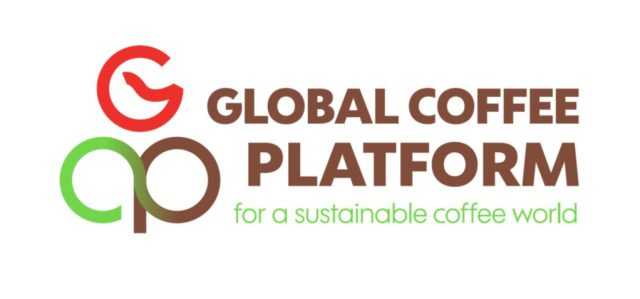BONN, Germany – As part of its efforts to advance sector transparency and increase the purchase of sustainable coffee, GCP has further expanded its GCP Reporting on Sustainable Coffee Purchases, making reporting on sustainable coffee purchases accessible to all roasters and retailers, who can get involved in the next round of reporting on 2019 and 2020 coffee volumes.
“It’s been an exciting start of 2021 at GCP with February seeing the kick-off of the GCP Reporting on Sustainable Coffee Purchases, the addition of four newly recognized sustainability schemes in January and a fifth in the past week!” said Annette Pensel, GCP Executive Director. With the fast approaching launch of the public consultation of the GCP Baseline Coffee Code revision foreseen in March, Pensel said it was encouraging to see great strides being taken by GCP Members to advance coffee sustainability, a “clear indication of GCP Members’ commitment to action.”
Following the recognition of four new schemes in January, GCP welcomes Enveritas Gold as the most recent sustainability scheme to be recognized by GCP as second party equivalent to the Baseline Coffee Code, bringing the total number of schemes recognised to 10. The five new sustainability schemes and programs are GCP recognized as Baseline Coffee Code equivalent second party.
“Enveritas is excited about the partnerships that this equivalence recognition of Enveritas Gold brings. Globally, half of the 12.5 million coffee farmers live in poverty and they need us to harness the power of collaboration and innovation to disrupt the status quo and deliver authentic impact,” said David Browning, CEO Enveritas.
For their recognition, GCP assesses the different sustainability schemes against the principles and criteria in the Baseline Coffee Code and the operating practices that schemes should have in place to be considered credible and effective. Depending on their assurance model they are classified as GCP Baseline Coffee Code equivalent 2nd party or 3rd party, the latter includes the oversight of an external body in the assurance activities of the organizations/company that owns the scheme.
The inclusion of these new sustainability schemes and programs for GCP Reporting is the result of a 12-month long process that included research, interviews with stakeholders, a beta testing phase and an external evaluation. The five sustainability schemes and programs meet at least baseline sustainability through the GCP Equivalence Mechanism, which includes not only an assessment on how the schemes meet the requirements of the GCP Baseline Coffee Code but also how the schemes are implemented in practice.
“For the sector, this means that we will be measuring progress on commitments to sustainable sourcing using the same bar, and a common language. Additionally, the equivalence process helps driving improvement in the sustainability schemes through alignment with internationally recognized credible practices and requirements,” said Gelkha Buitrago, Director Programs and Corporate Partnerships.
The reporting programme will culminate with the publication of the second GCP Snapshot, providing the coffee sector with key information about transparent and measurable progress. The already published GCP Snapshot on 2018 Sustainable Coffee Purchases delivered first insights on collective reporting by JDE, Melitta, Nestlé, Strauss and Supracafé, based on GCP recognized Voluntary Sustainability Standards and schemes including 4C, Certifica Minas, Fairtrade, Rainforest/UTZ, C.A.F.E Practices and Nespresso AAA.
With the reporting framework in place and initial positive results already recorded by participating companies and major coffee sustainability standards, GCP Reporting will track the sector’s move towards sustainable sourcing based on aligned, comparable metrics and provide key information to all segments of the value chain, as well as the public sector.
There’s still time for roasters and retailers, including signatories of the ICO London Declaration, to participate in this year’s round of GCP Reporting.


















